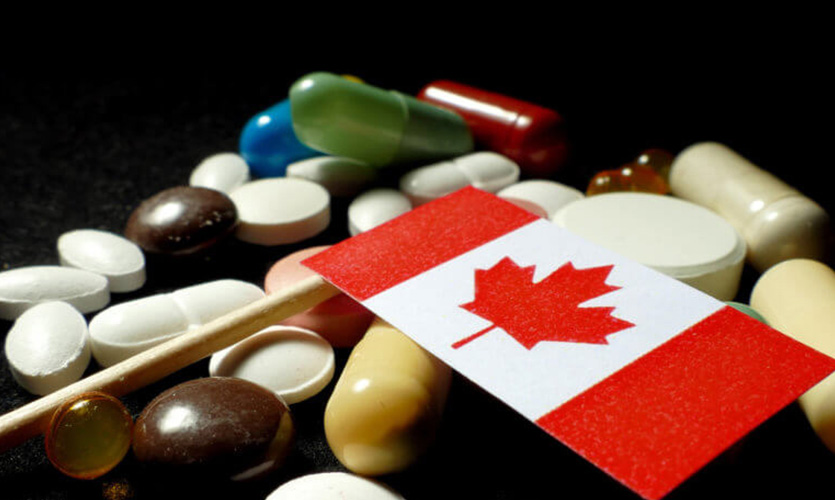Intimate products have been around for a while, but out of all feminine hygiene products, vaginal washes are the most controversial. A healthy and hygienic genital system is cardinal. But does your vagina really need washes and products to stay clean?
“Vaginas have their own biome which includes certain pH levels and bacteria that keep them in a healthy state”, says Dr Gita Dwivedi, OBS-GY, one of the leading gynaecologists in Lucknow. Using chemical-based vaginal washes might keep the pH levels in check but they kill the natural bacteria present. This leads to various sorts of infections. “One of the most common infections that happen in women is UTI, majorly due to usage of chemical vaginal washes”, explains Dr Dwivedi. “The only time I suggest my patients use intimate washes is when they are suffering from infections due to poor hygiene or uncontrolled bacterial growth. For general use, I don’t recommend them.”
However, thinking that a particular chemical can or would harm every woman is staying under a false lens. Every vagina responds differently and hence it is advised that every woman use products according to the way her vagina responds. “There might be certain chemicals which suit a specific woman while the same can cause irritation amongst the other”, says Dr Anil Rastogi, Chemical Analyst, V Wash at Glenmark.
As per several studies, women between the ages of 18-45 years feel either shy in sharing about vaginal hygiene or are unaware of it. This is one of the major factors of the irrational usage of intimate washes. “If a certain product doesn’t suit you, I wouldn’t recommend using it”, adds Dr Rastogi.
The vagina has a slightly acidic pH which helps in maintaining its normal functioning. Some of the soap-based cleansing products alter this pH, either making it too acidic or too basic which gives birth to various problems. “Vaginal douching is one of the errors which women make i.e. flushing their vaginal canals with either water or soap-based washes. This should be avoided at all costs”, suggests Dr Dwivedi.
Recently a company marketed its intimate wash “Vagisil” by promising to provide a vaginal ‘glow up’. Going by what gynaecologists recommend, you must be extremely vigilant while using such ointments or creams as they can end up causing yeast infections and UTIs.
The flipside of this is home-remedies. Home-made organic products like Epsom salt and luke-warm water are ideal if you feel your vagina needs a cleansing. Women are often mistaken by the fact that they have to clean their ‘vagina’, instead what they should clean is the ‘vulva’ (consisting of the external parts). “Certain ayurvedic products including ‘amla’ can also be used for cleaning”, concludes Dr Dwivedi. What this means is you should not blindly opt for a vaginal wash unless suffering from some infection and stick to the good old homemade remedies to keep yourself clean.










